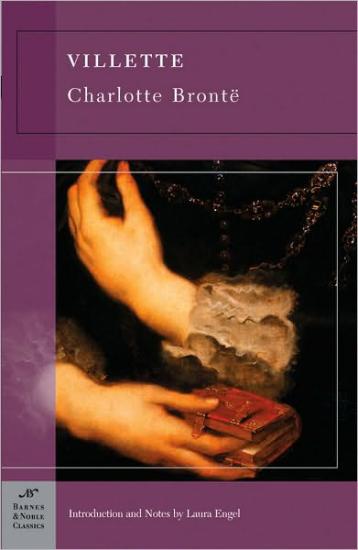
Rating: Not rated
Tags: Classic Fiction, Lang:en
Summary
Charlotte Brontë’s last and
most autobiographical novel, Villette, explores the inner
life of a lonely young Englishwoman, Lucy Snowe, who leaves
an unhappy existence in England to become a teacher in the
capital of a fictional European country. Drawn to the school’s
headmaster, Lucy must face the pain of unrequited love and
the question of her place in society. For Villette, Brontë drew upon
her own experiences ten years earlier, when she studied in
Brussels and developed an unreciprocated passion for her
married teacher. The novel also reflects her devastating
sense of loss and isolation after the deaths of her beloved
brother and sisters, and her confusion and conflicts over the
fame she achieved for having written Jane Eyre. But despite
Brontë’s heartsick inspiration for the novel, and
the grief that haunts its heroine, Villette is a story of
triumph, in which Lucy Snowe comes to understand and
appreciate her own strength and value. Celebrated by George Eliot and
Virginia Woolf for its strikingly modern psychological depth
and examination of women’s roles, Villette is now
recognized as Charlotte Brontë’s masterpiece,
surpassing even Jane Eyre.